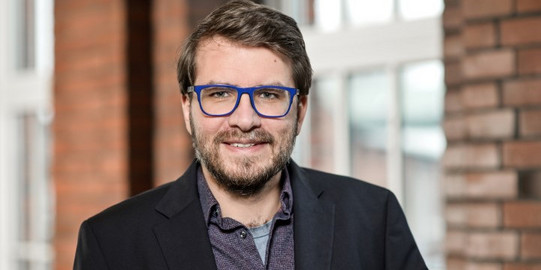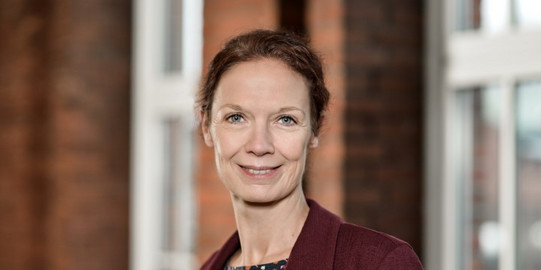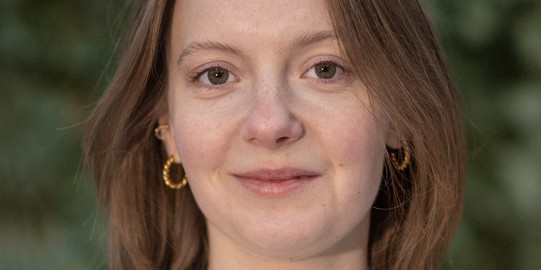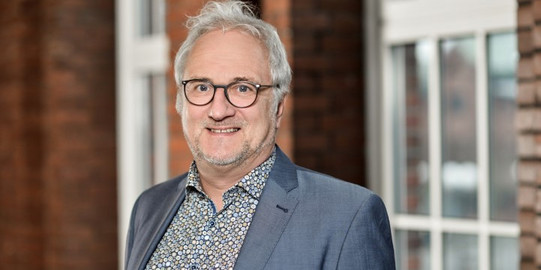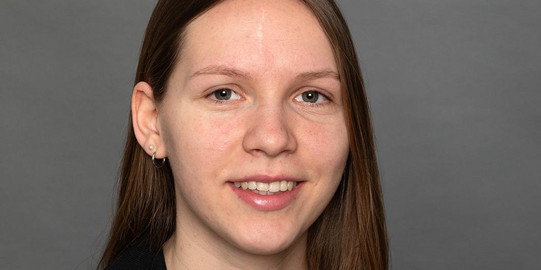Transformative governance in cities and regions
In this research area, social transformation processes for sustainable development are studied from different theoretical and analytical perspectives, especially at the level of cities and regions in Germany. The starting point is the concept of social innovation, understood as a new social practice. There is a particular focus on the fields of action of climate protection, climate adaptation and energy transition. In our research projects, we work predominantly in inter- and transdisciplinary teams from science, public administration, the private sector and together with many other civil society actors.
The concept of transformative governance, as formulated for example in the main reports of the German Advisory Council on Global Change (WBGU), refers to a “new distribution of responsibilities, principles, procedures and material criteria” to steer the societal transformation process (WBGU 2011 and 2016). In this context, “transformative” means above all the shaping of change towards sustainable development.
For transformative governance in cities and regions, the focus is on the actions of state and non-state actors and institutions that organise the local, urban and regional affairs of a municipality as well as urban and regional society. Based on this concept, we investigate the development of transformative governance structures as new social practices.
The further development of non-transformative governance structures towards transformative governance is difficult for various reasons. For example, there are various path dependencies as well as often a lack of financial and institutional leeway on the part of cities and regions. This can be overcome not only through technological innovations, but above all through social innovations. To address this problem, we are developing and testing new procedures and instruments of collaborative governance for municipalities, for example. Since climate protection in particular is an essential prerequisite for sustainable development, urban and regional climate protection and climate adaptation processes are a major focus of our research work. This also includes a focus on exnovation and rebound effects as well as possible additional factors.
Overall, our work is focused primarily on the following global Sustainable Development Goals (SDGs):
- Goal 11: Sustainable cities and communities (Make cities and settlements inclusive, safe, resilient and sustainable)
- Goal 12: Sustainable consumption and production (Ensure sustainable consumption and production patterns)
- Goal 13: Take action on climate change (Take urgent action to combat climate change and its impacts)
- How can the concepts of social innovation and transformation research be linked?
- How can municipal processes be steered towards sustainability? How is steering carried out at regional level?
- How can the process of diffusion of niche interventions be given a theoretical foundation and practically promoted?
- How can the gap be bridged between niche interventions and the overall social change process?
- What can niche interventions achieve and where is impetus from a higher (state) level necessary?
- What is the relationship between state, federal and local decision-making and public participation?
- How can the common good and specific interests be balanced in terms of sustainability?
- How can the dimensions of sustainability be incorporated into the design of Industry 4.0 towards an Industry 5.0?
- What impact and what support potential does advancing digitalisation have on sustainable development?
- Municipal adaptation processes and governance
- Sustainability innovations
- Application of diffusion theories to sustainability research
- Methods, instruments and formats of transdisciplinary sustainability research, especially real laboratories
- Multistakeholder processes
- Social innovation laboratories
- Roadmapping
- Visioning process
- Scenario methods
- Storytelling
- 2024 - 2026| Climate City Dash 2.0
- 2024 | Gedankengänge – Gemeinsam auf dem Weg in eine freiheitliche Zukunft im Wissenschaftsjahr 2024
- 2024 - 2027 | Green Team
- 2023 - 2027 | STABLE
- 2020 - 2024 | T-Factor
- 2019 - 2023 | Evolving Regions
- 2019 - 2022 | ProPolis
- 2018 - 2021 | iResilience
- 2018 - 2019 | Virtual Institute Transformation Energiewende / EnerChange
- 2017 - 2018 | Roll-out Integrated Roadmapping
- 2016 - 2019 | KoSI-Lab: Municipal Social Innovation Labs
- 2016 - 2019 | KliMoPrax – Climate models for practice
- 2015 - 2017 | Virtual Institute (VI) “Transformation – Energy Transition NRW”
- 2014 - 2017 | CASI
Coordination:
Research associates:
- Judith Boll
- Stephanie Bund (geb. Lübke)
- Alejandra Castro-Giron
- Saskia Dankwart-Kammoun
- Enrico Fleiter
- Dr. Irina Heese
- Dr. Rick Hölsgens
- Nicole Rauscher
- Katharina Schrot
- Robert Tenambergen
- Eva Wascher
Student and research assistants:
- Annika Drexhage
- Tabea Drexhage
- Jan Maximilian Friedrich
- Joachim Müller
- Nicole Panitz
Secretariat:
- Eva Alshuth




![[Translate to English:] [Translate to English:]](/storages/zentraler_bilderpool/_processed_/a/f/csm_Kontakt_b86e8d8ecc.png)
![[Translate to English:] [Translate to English:]](/storages/sfs-sowi/_processed_/6/c/csm_Glasfront_sfs_Header_eae6d325d3.jpg)
